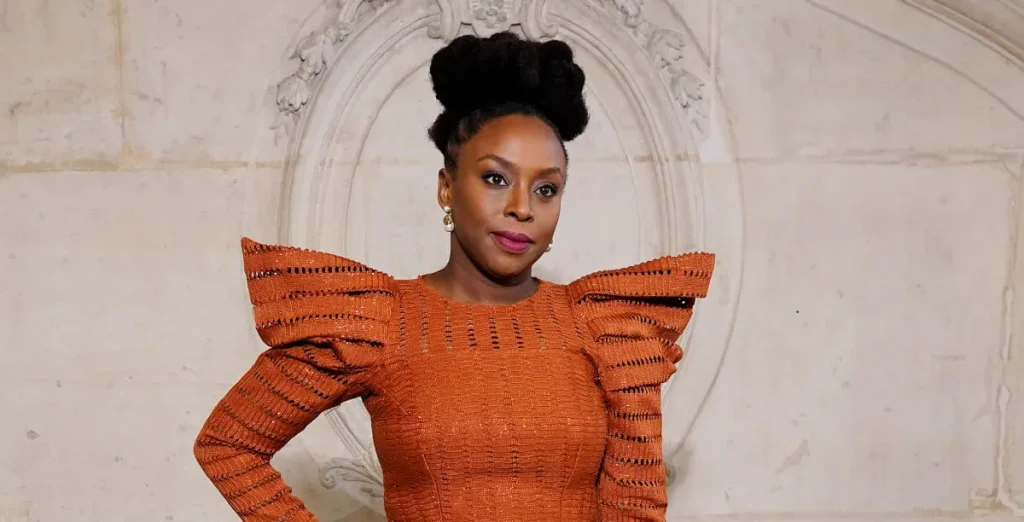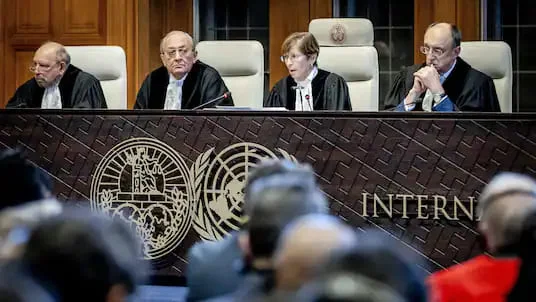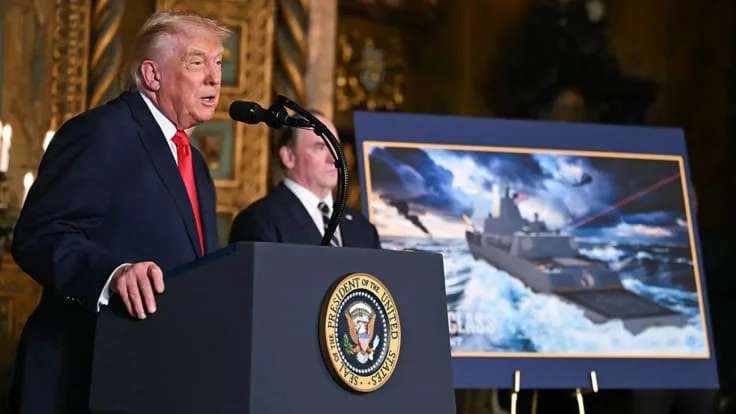As South Africa prepares for its elections on May 29, tech companies are facing scrutiny for their reluctance to share comprehensive strategies aimed at preventing social media from being used to incite unrest. Concerns about misinformation are growing, particularly regarding popular platforms like TikTok, Facebook, and X (formerly Twitter), which some stakeholders believe could exacerbate tensions.
The country’s history of unrest was starkly illustrated in 2021, when violent outbreaks resulted in over 300 fatalities following the imprisonment of former President Jacob Zuma for contempt of court. Social media was identified as a catalyst for the unrest, as it amplified inciting messages, a finding later corroborated by South Africa’s Human Rights Commission in January 2024.
With the upcoming elections, fears of political violence are mounting. Tensions have risen, particularly among supporters of the newly formed uMkhonto we Sizwe (MK) party, led by Zuma. Although Zuma is barred from running due to his prior conviction, his supporters have vehemently opposed this decision. MK leader Visvin Reddy warned in a widely shared video that if the courts continue to obstruct their party, it could lead to unprecedented anarchy.
Reddy and other MK members are currently facing charges for inciting violence, following social media posts that showcased armed individuals affiliated with the party. Earlier this year, over 60 MK members were charged with inciting the deadly riots of 2021.
The refusal of tech platforms to divulge their election strategies is raising alarms among activists and experts, who argue that this lack of transparency undermines democracy in South Africa. The Global Coalition for Tech Justice has expressed disappointment over the companies’ unwillingness to collaborate with civil society in the face of potential violence.
Sherylle Dass, Regional Director of the Legal Resources Centre, warned that online narratives challenging court legitimacy could incite unrest reminiscent of the 2021 riots. She noted that calls to discredit the Constitutional Court’s decisions could spark significant turmoil, especially in regions like KwaZulu-Natal.
Despite some engagement, tech companies have largely resisted sharing meaningful details about their plans for the election. While TikTok provided some information, it was criticized for being too vague. The South African National Editors’ Forum (SANEF) has expressed frustration over tech companies’ lack of response regarding disinformation and hate speech, citing unacknowledged communications and generic responses from Meta and Google.
Digital Action’s Bulanda Nkhowani emphasized the severe implications of the companies’ lack of transparency and engagement, highlighting that it poses a direct threat to democratic processes. He pointed to the real-world violence and threats to democracy that have resulted from failures in content management in various countries, including South Africa.
Nkhowani further criticized the platforms for not taking adequate measures to safeguard their environments, asserting that they have long been aware of the potential consequences of their inaction. He called on companies like Meta, TikTok, Google, and X to take responsibility for preventing the spread of violent content before, during, and after the elections. He stressed the need for greater transparency and responsiveness to civil society’s concerns regarding the management of South Africa’s information landscape.























